Corporation tax is one of those things that every business owner knows they have to deal with, but many find it difficult. It’s not just about filling out forms and making payments; but understanding how do you work out corporation tax is important for the financial health and compliance of your business. If you’re like most business owners, who want to focus on growing your business instead of worrying about taxes, don’t worry. With the right knowledge and tools, you can handle corporation tax with confidence.
In this article, we’ll explain the basics, from understanding how to calculate corporation tax to how you can accurately figure it out and pay it.
What is Corporation Tax?
Corporation tax is a direct tax imposed on the profits made by companies and certain other types of organizations have to pay on the money they make. If you run a business and it makes money, the government expects you to pay some of that money as corporation tax. The exact amount of tax can differ depending on where you are and the type of income, but the basic idea is the same: businesses have to pay tax on their profits.
Unlike the income tax individuals pay, which increases as they earn more, corporation tax is usually set at a fixed rate. However, the actual amount a company pays depends on a number of things, like allowed expenses, special tax breaks, and any losses from previous years. This means it’s really important for businesses to understand how do you work out corporation tax, so they don’t end up paying too much or too little.
Who Needs to Pay Corporation Tax?
Corporation tax is obligatory for all entities that are considered companies for tax purposes. This includes:
- Limited Companies: Whether your company is private or public, it must pay corporation tax on its profits.
- Foreign Companies with UK Branches or Offices: If your company is based outside the UK but has a branch or office within the country, you’ll need to pay corporation tax on the profits generated from UK activities.
- Clubs, Societies, and Associations: Non-profit organizations still need to pay corporation tax on any profits generated through trading activities.
- Unincorporated Associations: Groups of people acting together to conduct business, such as co-operatives, are also liable for corporation tax.
It’s important to note that even if your company doesn’t owe any corporation tax for a given period, you must still report this to the relevant tax authority, such as HM Revenue & Customs (HMRC) in the UK.
How to Determine Your Corporation’s Taxable Profits
Determining taxable profits is the cornerstone of working out how much corporation tax your business owes. Here’s how you can calculate it:
Calculate Total Income
Start by adding up all your company’s income streams. This includes money from sales, interest on savings, rental income, and any other sources of revenue. Remember, it’s not just the money from your main business activities; all income is considered when working out your corporation tax.
Deduct Allowable Expenses
Next, subtract any allowable expenses from your total income. An allowable expense is one that is necessary for the operation of your business. These might include rent, salaries, utilities, travel expenses, and equipment costs. It’s crucial to keep accurate records of these expenses, as they directly reduce your taxable profits.
Include Capital Allowances
If your business has invested in assets such as machinery, vehicles, or equipment, you can claim capital allowances. Capital allowances allow you to deduct the cost of these assets from your profits, reducing your tax liability. The rules around capital allowances can be complex, so using software like QuickBooks consulting services or getting advice from a tax and accounting firm can help you maximize your claim.
Adjust for Any Reliefs
Depending on your jurisdiction and specific circumstances, your business might be eligible for certain tax reliefs. These could include Research and Development (R&D) tax credits, reliefs for losses carried forward, or sector-specific reliefs. Applying these correctly can significantly reduce your corporation tax bill.
Account for Losses
If your company made a loss in previous years, you might be able to carry this loss forward or backward to offset profits in other periods. This can reduce the amount of corporation tax you need to pay in profitable years.
Calculate Taxable Profit
After making all the necessary deductions, the remaining amount is your taxable profit. This is the figure on which your corporation tax will be calculated.
How Do You Report and Pay Your Taxes?
Once you’ve figured out how much tax your company owes, the next step is to report and pay your taxes. Here’s what you need to do:
Fill out Your Company Tax Return
Every company needs to complete a company tax return, which summarizes your company’s financial performance and how you calculate your taxable profits. It’s important to make sure this form is accurate and submitted on time to avoid penalties. Using virtual assistant bookkeeping services can make this process smoother.
Submit the Return
In most places, company tax returns must be submitted online. You’ll need to create an account with the relevant tax authority and follow their instructions for filing your return. Just remember, you usually have 12 months from the end of your company’s accounting period to submit it.
Pay Your Corporation Tax
The deadline for paying corporation tax is often before the tax return submission deadline. As an example, corporation tax is due in the UK nine months after the end of the accounting period. You can make payments through bank transfer, direct debit, or credit card.
Record Keeping
It’s not just about filing your return and paying taxes; it’s also important to keep accurate and organized records. These records should include details of all income, expenses, and reliefs claimed. Good record-keeping practices ensure that if your business is ever audited, you can provide evidence to support your tax return.
Seek Professional Help
Dealing with corporation tax can be complex, especially as your business grows. Using corporate tax filing services or consulting with a tax and accounting firm can help make sure you’re following tax laws and not paying more tax than you need to.
Common Mistakes to Avoid in Corporation Tax Calculation
Even with the best intentions, mistakes in corporation tax calculation can happen. The following are some common pitfalls to avoid:
- Underestimating Profits: Missing income or misclassifying expenses can lead to penalties.
- Missing Deadlines: Late filings or payments result in fines. Use tools to track dates.
- Incorrect Relief Claims: Claiming wrong reliefs can trigger audits. Seek professional advice.
- Poor Record Keeping: Inaccurate records cause errors in tax returns.
- Ignoring Tax Law Changes: Staying updated prevents incorrect calculations.
How Changes in Tax Laws Affect Corporation Tax
It’s important for business owners to remember that tax laws can change based on economic conditions, government policies, and societal needs. These changes can affect how much tax your business needs to pay. Consider these key points:
Tax Rate Changes
The government may raise or lower tax rates to help the economy. Lower rates can mean more money for your business, while higher rates require careful planning to manage the extra taxes.
New Reliefs and Allowances
Sometimes, the government offers new tax breaks to encourage certain activities, like investing in environmentally friendly projects or innovation. It’s important to stay informed about these opportunities because they can help you save money on taxes.
Tax Avoidance Measures
Governments also create rules to prevent people from avoiding taxes. Understanding these rules can help you make sure your business follows the law and avoids penalties.
Global Tax Changes
If your business operates in different countries, changes in global tax rules can affect how much tax you need to pay. It’s important to understand these changes to plan your taxes effectively.
Impact of Economic Policies
Broader economic policies, like Brexit or trade wars, can also impact tax laws. These changes might affect how you are taxed on profits made internationally or the value of investing in certain markets.
Staying informed about these changes can be hard, especially for busy business owners. Hiring professional corporate tax filing services can help you make sure your business complies with the latest tax regulations.
Conclusion
Calculating corporation tax can seem daunting, but with the right knowledge and tools, it’s something you can handle. From figuring out your company’s taxable profits to paying taxes, each step needs attention to detail and following the rules.
By avoiding common mistakes, keeping up with tax law changes, and thinking about getting help with bookkeeping, you can make sure your tax calculations are correct and on time. Also, effective tax planning for high-income individuals and businesses can help you understand your finances and support your company’s growth.
In the end, corporation tax is more than just a money responsibility—it’s a chance to show your company is committed to helping the economy and doing things right. With the right approach, you can manage corporation tax confidently and make sure your business does well in the long run.


